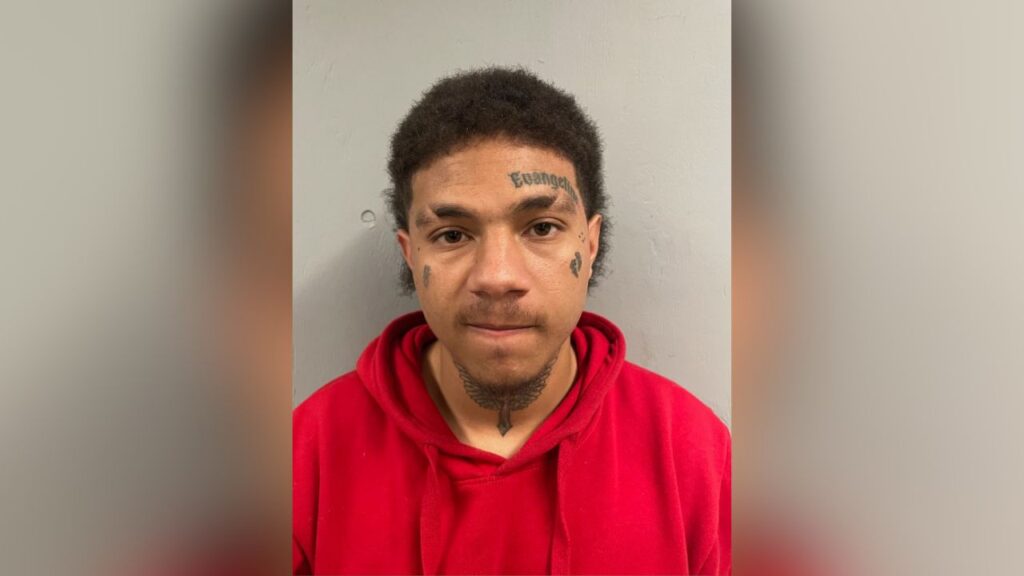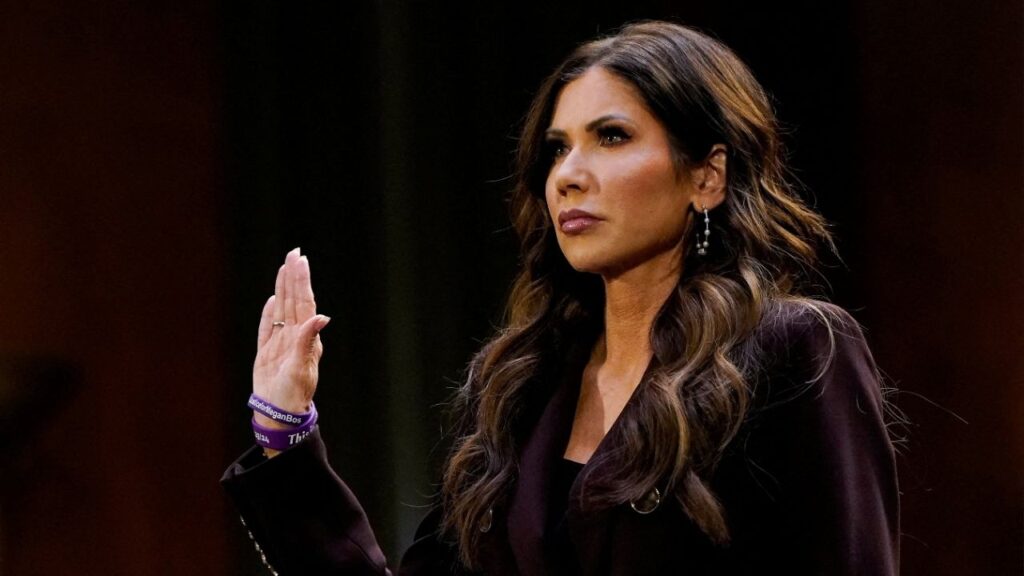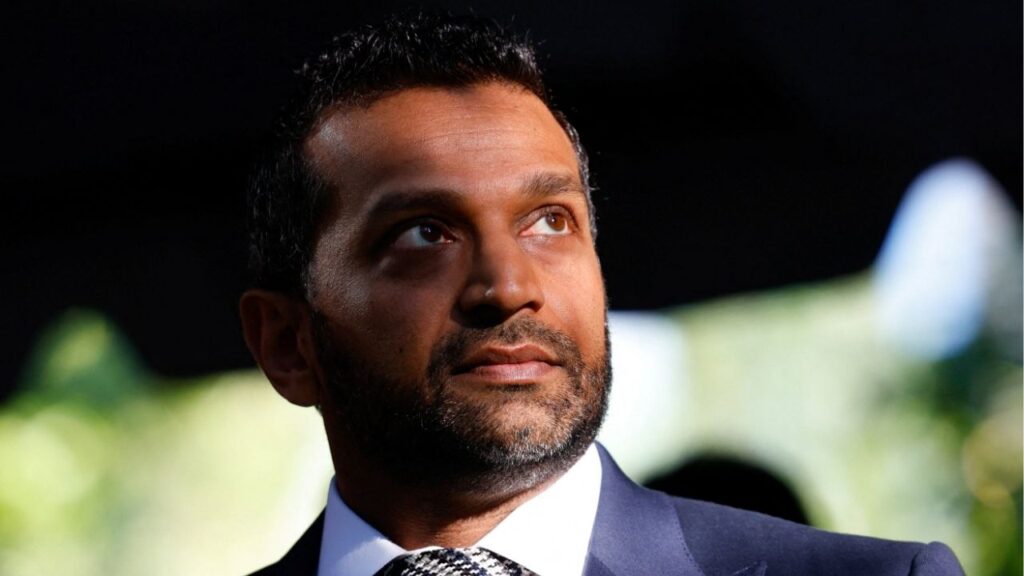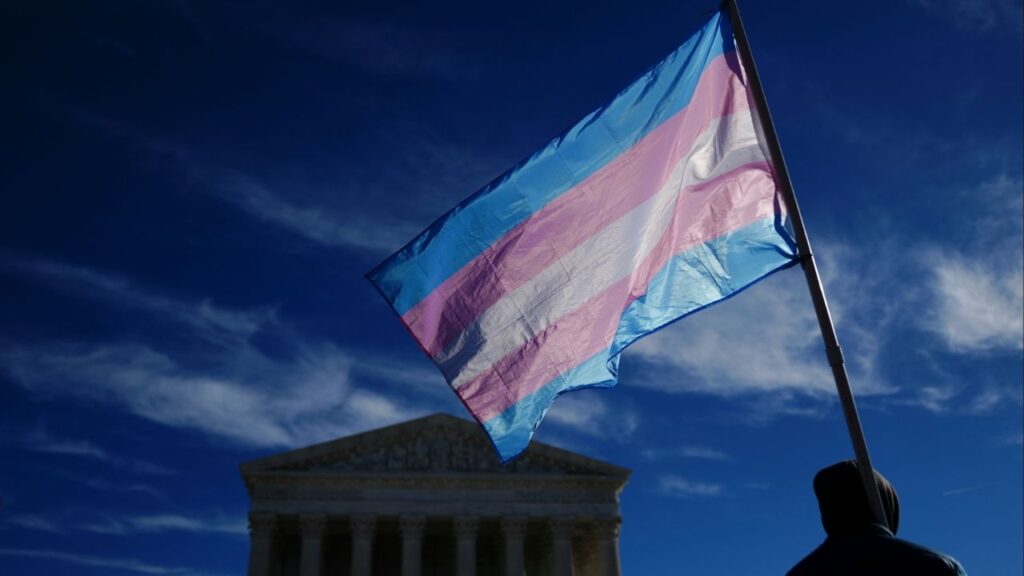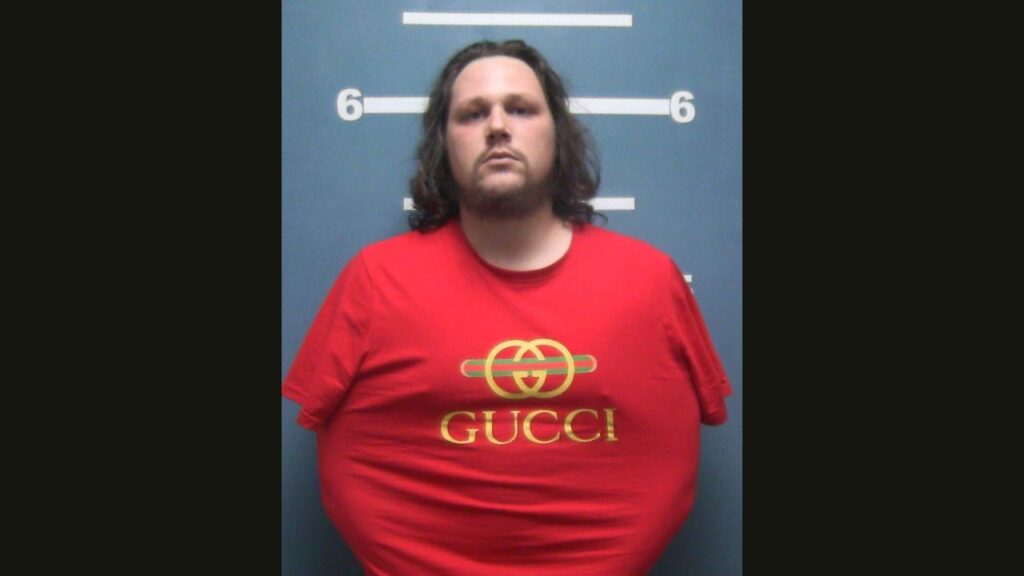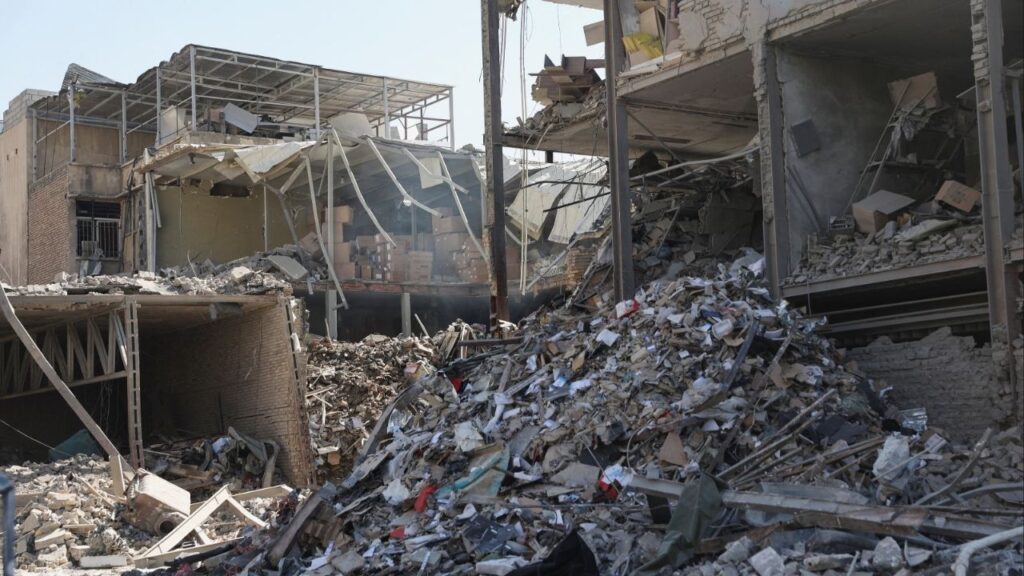Share
GENEVA — An independent U.N. report into the killing of Saudi journalist Jamal Khashoggi said Wednesday there is “credible evidence” to warrant further investigation into the possible role of Saudi Crown Prince Mohammed bin Salman, and suggested sanctions on his personal assets.
Agnes Callamard, the special rapporteur for extrajudicial, summary and arbitrary executions, said responsibility for Khashoggi’s killing falls on Saudi Arabia.
“There has been no demonstration that the state itself of Saudi Arabia has accepted its responsibility for the killing,” she told reporters after the release of her 101-page report.
Khashoggi was killed, and believed to have been dismembered, inside the Saudi consulate in Istanbul by Saudi agents on Oct. 2. His remains have never been found.
The 33-year-old Saudi prince, who continues to have the support of his father, King Salman, denies any involvement in the killing. President Donald Trump has defended U.S.-Saudi ties in the face of international outcry over the slaying.
Determining Original Intent of the Operation
Saudi Arabia initially offered multiple shifting accounts about Khashoggi disappearance, but as pressure mounted the kingdom eventually settled on the explanation that he was killed by rogue officials in a brawl inside their Istanbul consulate.
But the U.N. probe said it is hard to accept the theory that the leader of a 15-man Saudi team sent to the consulate at the time of Khashoggi’s visit had planned the murder without any authorization from superiors in the Saudi capital, Riyadh.
The presence of a pathologist on the Saudi team was relevant to determining the original intent of the operation, she said, and added that an investigation of the crown prince is needed because the people directly implicated in the murder reported to him.
The U.N. investigation had “determined that there is credible evidence, warranting further investigation of high-level Saudi officials’ individual liability, including the Crown Prince’s,” Callamard said.
There was also “credible evidence pointing to the crime scenes (in Turkey) having been thoroughly, even forensically, cleaned.” The report said this indicates that the “Saudi investigation was not conducted in good faith, and that it may amount to obstructing justice.”
It added there was “no reason why sanctions should not be applied against the Crown Prince and his personal assets” — noting that sanctions regimes have been put in place in the past before guilt was determined.

Saudi Arabia Has Said Its Agents Exceeded Authority
Callamard said an investigation should look into how much the crown prince knew, whether he had a direct or indirect role, and whether he could have stopped the killing.
“No conclusion is made as to guilt,” Callamard wrote of the two men. “The only conclusion made is that there is credible evidence meriting further investigation, by a proper authority, as to whether the threshold of criminal responsibility has been met.”
Still, she played down the focus on a single person, writing: “The search for justice and accountability is not singularly dependent on finding a smoking gun or the person holding it.”
Saudi Arabia has blamed the operation on Saudi agents who exceeded their authority. Saudi Arabia’s own investigation said the agents were only given orders by two senior officials to forcibly bring Khashoggi back to Saudi Arabia, but not to kill him.
The U.N. report identified by name 15 suspects, of which 11 are on trial in Saudi Arabia. Five of them may face execution.
Kingdom Hasn’t Disclosed Names of Those on Trial
Callamard said that trial should be suspended because it fails to meet procedural standards. She noted that the trial is being held behind closed doors, and at least one of those identified as responsible for the planning and organizing of the killing has not been charged. While some diplomats have been allowed to attend some of the hearings, they were barred from disclosing their observations.
The kingdom has not disclosed the names of those on trial.
The U.N. report offered a chilling minute-by-minute account of the events surrounding the killing based on audio shared by Turkish authorities taken from inside the Saudi consulate, including what Turkish intelligence identified as sounds of a saw that could have been used to dismember Khashoggi’s body.
According to Callamard’s account of the recordings, which she heard translated from Arabic, Saudi agents could be heard discussing how to dismember and transport a body minutes before Khashoggi’s arrival at the consulate on Oct. 2.
A voice identified as a pathologist expresses hope that it will be easy, saying: “Joints will be separated. It is not a problem. The body is heavy. First time I cut on the ground. If we take plastic bags and cut it into pieces, it will be finished.”
The report said that a Saudi intelligence agent named Maher Abdulaziz Mutreb — who had been working for the crown prince’s adviser, Saud al-Qahtani — asked whether “the sacrificial animal” has arrived. Shortly after 1 p.m., a voice says: “He has arrived.”
Khashoggi Wrote Columns for Washington Post
Khashoggi — who was never mentioned by name in the audio — was visiting the consulate to pick up papers to marry his Turkish fiancee, who waited for him outside the consulate before raising the alarm after he failed to emerge after several hours.
On arrival he was told he would be forcibly returned to Saudi Arabia and was told by Mutreb to text message his sons.
When asked to take off his jacket, Khashoggi appeared to have seen a syringe and asked whether he was going to be drugged, the report said.
“How could this happen in an embassy?” he was heard at one point saying.
He was told he will be given anesthesia, and sounds of struggle followed. Agents were heard saying: “Did he sleep?” and “Keep pushing.”
Before his death, Khashoggi wrote columns in The Washington Post criticizing the crown prince’s crackdown on freedom of thought and expression, though he also commended the prince’s social reforms. He wrote his columns after leaving Saudi Arabia to avoid being swept up in the crackdown.
On Wednesday, Turkish Foreign Minister Mevlut Cavusoglu said on Twitter that Turkey strongly endorses Callamard’s recommendations “for elucidating Khashoggis’s murder and holding those responsible accountable.”
The U.S. State Department has publicly designated 16 people for their roles in the killing of Khashoggi, among them Saud al-Qahtani. Many U.S. lawmakers have criticized Trump for not condemning Saudi Arabia for the journalist’s killing.
Categories
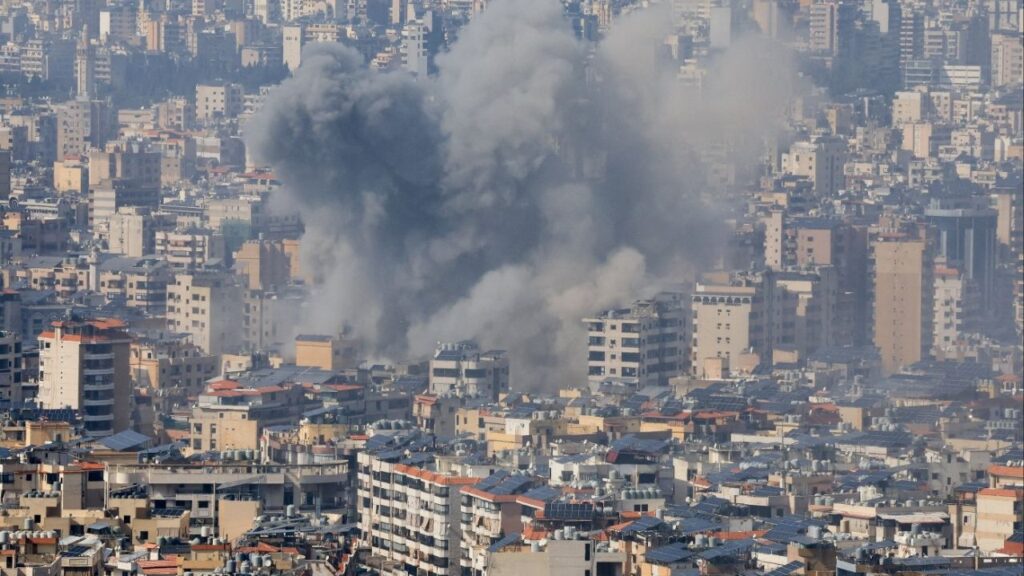
Lebanon Sucked Deeper Into War as Hezbollah, Israel Trade Blows
